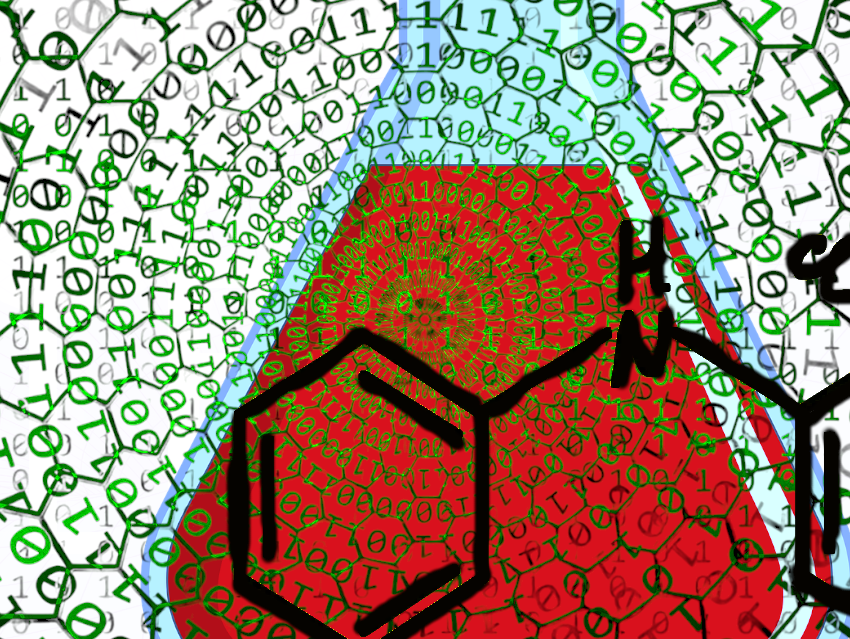The profession of chemistry is undergoing rapid change as artificial intelligence (AI), automation, and data-driven technologies enter laboratories, classrooms, and industries. While these tools open new opportunities for innovation, they also challenge traditional roles, compelling chemists to adapt and rethink their skill sets.
This short communication highlights how the future of jobs in chemistry will blend advanced computational methods with the timeless value of human collaboration, communication, and creativity.
Emerging Roles in Chemistry
The adoption of AI is creating specialized positions across multiple sectors. Chemists will increasingly act as AI-assisted chemical modelers, using machine learning to predict reaction outcomes, reduce waste, and accelerate discovery, particularly in pharmaceuticals. The role of the data scientist in chemistry will also grow, requiring chemists to process large datasets from spectroscopy, chromatography, and industrial processes. In sustainability, chemists will design eco-friendly materials, such as biodegradable polymers, while those in healthcare will apply AI to precision medicine and drug design. Energy and environment specialists will drive advances in batteries, fuel cells, and green chemistry, whereas materials scientists will engineer smart and nanostructured materials for cutting-edge applications.
Technical Skills for the Future Chemist
Chemists of tomorrow must expand beyond laboratory techniques to master computational and digital tools. Key competencies include programming (Python, R, MATLAB), data analysis, machine learning frameworks (TensorFlow, PyTorch), and automation platforms for synthesis and analysis. This digital literacy will become as essential as traditional chemical intuition, enabling chemists to design, test, and optimize processes at unprecedented speed and scale.
Soft Skills: Communication and Human Perspectives
Yet, technical mastery alone is insufficient. In an era where chemists collaborate with computer scientists, engineers, and biologists, communication and interpersonal skills will be decisive. Future chemists must articulate complex ideas clearly across disciplines, translate data-driven insights into practical strategies, and engage effectively in team-based problem solving. Active listening, empathy, and adaptability will be just as important as coding skills, ensuring that diverse teams can function cohesively. Furthermore, leadership in interdisciplinary projects will demand negotiation, conflict resolution, and the ability to inspire collective vision.
Chemists will also need to cultivate intercultural communication, as scientific projects increasingly span global networks. The ability to bridge cultural differences, respect diverse perspectives, and foster inclusive collaboration will define professional success in multinational research initiatives.
Education and Professional Development
Academic institutions and professional organizations must adapt curricula to integrate computational chemistry, AI, and data science alongside training in teamwork and professional communication. Workshops, certifications, and academia-industry partnerships will provide continuous learning opportunities. Lifelong learning is not just a technical necessity but also a mindset of openness, humility, and curiosity—traits that enhance both scientific discovery and professional resilience.
The integration of AI into chemistry is not a future prospect but an unfolding reality. The future chemist will unite digital expertise with human skills—demonstrating that technology amplifies, rather than replaces, the irreplaceable human element of science.
The Author
Dr. Spiros Kitsinelis
Publishing Manager for the Association of Greek Chemists (Ένωση Ελλήνων Χημικών)
Chimika Chronika & Journal of the Association of Greek Chemists
- This article is based on a longer piece by Dr. Spiros Kitsinelis originally published in the Journal of the Association of Greek Chemists (JAGC).




